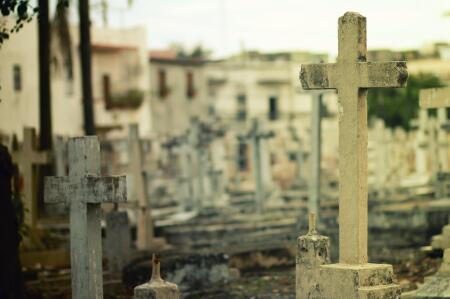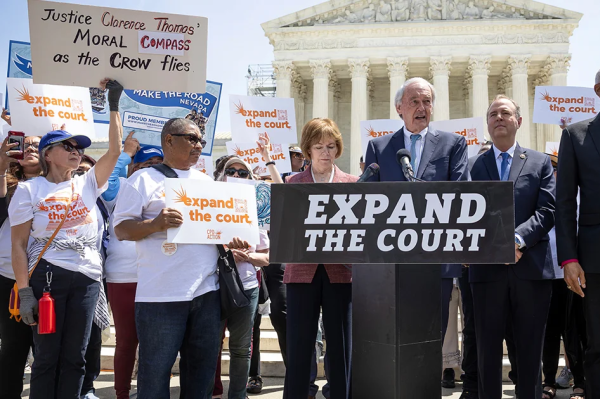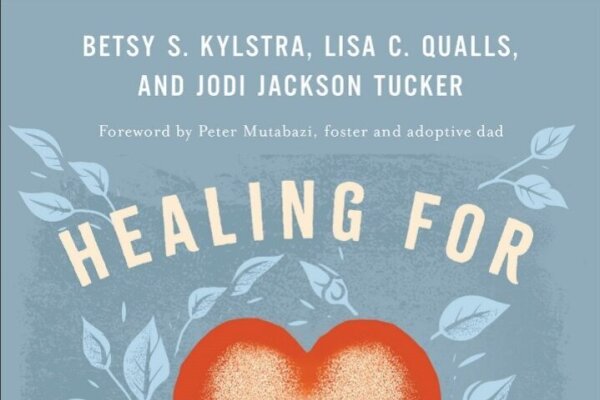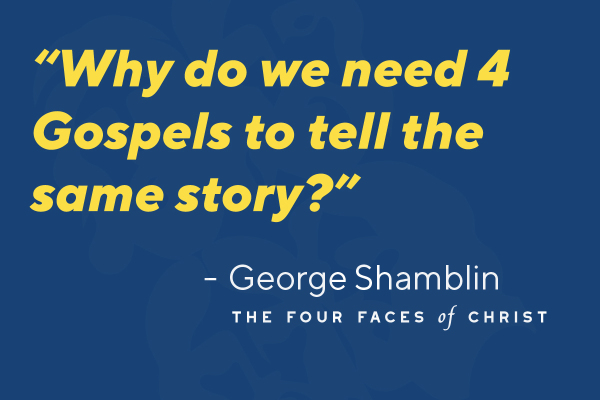Persecution of Christians in Middle East 'Worse Than When ISIS Invaded,' Yet Ignored by the West, Says Ministry Leader

Religious persecution against Christians and other minorities in the Middle East is “just as bad, if not worse” than when ISIS occupied the region -- yet it no longer makes headlines in the West, the leader of persecution watchdog has revealed.
“Christian persecution is no longer in the news,” Keith Davies of Rescue Christians told The Christian Post. “Our organization received the most donations in 2015 because ISIS was prevalent and American journalists were having their heads cut off. But, in recent years, interest has dwindled -- even though persecution is just as bad, if not worse than before. Christians are still facing continued persecution at the hands of Muslims. With the Shia and Sunni Muslims at odds with each other, Christians are squashed in the middle.”
“There’s no room for Christians in those countries based on the current political climate, yet the West doesn’t care,” he added.
Rescue Christians, an organization founded in 2009 by Walid Shoebat, a Palestinian American who converted to Christianity from Islam, works underground in several countries around the world to help Christians escape danger. Over the last several decades, the organization has saved 15,000 believers facing various forms of persecution, from blasphemy cases and false imprisonment to forced servitude and slavery.
Recently, the organization helped secure the release of Patras Masih, a Christian teenager in Pakistan who was falsely accused of posting blasphemous content on Facebook. Not only is blasphemy a crime punishable by death under the Pakistan penal code, blasphemy allegations have in the past led to Pakistani Christians being killed by enraged Muslim mobs.
“Masih’s home was burned down by Muslims, who called for his execution,” Davies explained. “He was in tremendous danger. So, we went to his home and got his family out of the house and into safety. We had to move him from place to place for six weeks until we could arrange a safe place.”
Thanks to the work of Rescue Christians and other organizations, the teen is today living in California and getting his U.S. citizenship.
“That’s just one of thousands of blasphemy cases we’ve helped resolve,” Davies said. “The people we work with on the ground are very highly connected, so we’ve been able to secure numerous Christian safe passage out of Pakistan. Some would call it smuggling, but we call it rescue.”
Though illegal, slavery is another issue facing the Christian minority in Middle Eastern countries, Davies said. Those held in bonded labor are often victims of forced servitude, human trafficking, and arranged marriages.
Davies estimated there are 20-30 million slaves in the Middle East, about 25% of them Christians. This number is alarmingly high, he said, as Christians make up just a fraction of the region’s population.
“These are poor families, many of them Christians, who need can’t read or write but need money, so they unwittingly sell themselves into slavery,” Davies said. “Of course, wealthier people -- often brick kiln owners -- are happy to lend them money, because they know it will never be paid off. So, what happens is, these Christians work in kilns for so little money, they aren’t even able to afford food and live in terrible conditions. The government is aware of this but doesn’t enforce laws, and kiln owners are able to pay off politicians.”
Recently, Rescue Christians paid the debt of several Christian slaves working in brick kilns, securing their freedom.
“But that’s not normally how we operate,” Davis emphasized. “Typically, with the way we rescue them is we get their names from local pastors, we vet them, and about a week later, will arrange a time in the middle of the night for their transport. Then, we put them in a safe house and take a video of their testimony to prove our work. After that, we set them up with an employment agency and arrange their rent, giving them a strong foundation.”
In the future, Rescue Christians would like to expand its work to more countries where Christians face persecution -- India and various countries in Africa, specifically -- but do not yet have the resources.
“It only takes about $80 to $100 to save a person,” Davies said. “The need of Christians is great around the world, but we need monetary support to increase our mission. Many people have volunteered to physically help, but because of the dangerous nature of this business, it simply isn’t possible. Those who don’t speak the local language or look like locals would be more of a hindrance than a help.”
Davies asked Christians across the country to consider supporting Rescue Christians while praying for those persecuted in the Middle East and around the world.
“We need to talk about why the Church is being persecuted, but it’s not a popular subject,” he said. “Church leaders don’t want to demonize Islam because it’s controversial and could hurt people’s sensitivities. But, the reality is, this persecution isn’t going away, and believers in the West have an obligation to help those facing danger.”
Criticizing church leaders who urge Christians to remain in the Middle East, Davies pointed out that it’s “impossible” for believers to reside safely in Iraq and Syria.
“The Church is looking at political issues, money, and nostalgia,” he said. “I understand that, because the Middle East is the birthplace of Christianity. However, the reality is, we can rebuild their homes and their churches, but we can’t help them earn a living and provide safety for them over there. We need to be proactive in rescuing believers from continued persecution.”
To learn more about Rescue Christians, visit their website.





